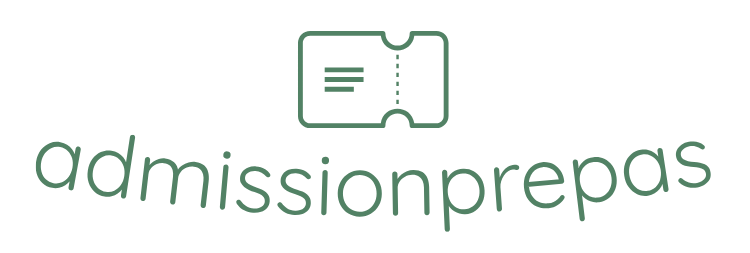
Remote Property Management The Modern Way
Leveraging Technology for Seamless Communication
Remote property management hinges on effective communication. Gone are the days of relying solely on phone calls and emails. Today, robust communication platforms are essential. Consider using project management software like Asana or Trello to centralize tasks, deadlines, and communication threads. Instant messaging apps like Slack or Microsoft Teams allow for quick, real-time responses to tenant queries and urgent maintenance requests. Video conferencing tools like Zoom or Google Meet facilitate virtual property walk-throughs, tenant meetings, and contractor consultations, saving time and travel costs. A well-structured communication system ensures everyone – from tenants to contractors to owners – stays informed and connected, leading to smoother operations.
Embracing Smart Home Technology for Enhanced Efficiency
Smart home technology is a game-changer for remote property management. Smart locks allow for remote access, eliminating the need for physical key exchanges. Smart thermostats enable remote temperature control, optimizing energy efficiency and reducing utility costs. Smart appliances and security systems provide real-time monitoring and alerts, allowing for proactive issue resolution. These technologies not only enhance convenience for tenants but also empower property managers to address issues remotely, minimizing downtime and enhancing overall efficiency. By integrating these smart devices and systems into a central management platform, you gain a holistic view of your properties’ performance and operational status.
Utilizing Data Analytics for Informed Decision-Making
Data is the cornerstone of modern remote property management. Collecting and analyzing data on occupancy rates, maintenance expenses, rental income, and tenant turnover provides valuable insights for strategic decision-making. Utilize property management software that offers robust reporting and analytics capabilities. Track key performance indicators (KPIs) to identify areas for improvement and optimize your operational strategies. Data analysis can reveal patterns in tenant behavior, predict maintenance needs, and inform pricing strategies, ultimately contributing to increased profitability and better tenant satisfaction.
Building Strong Relationships with Virtual Assistants and Contractors
Effectively managing properties remotely requires a strong support network. Virtual assistants can handle administrative tasks like scheduling, communication, and bookkeeping, freeing up your time to focus on strategic aspects of the business. Building a reliable network of local contractors is crucial for handling maintenance requests and repairs. Clear communication protocols, detailed work orders, and timely payments are key to fostering positive relationships with both virtual assistants and contractors. Regular check-ins and performance reviews ensure everyone is aligned with your goals and standards.
Employing Robust Online Tenant Portals for Streamlined Interactions
A user-friendly online tenant portal is essential for efficient communication and tenant management. This platform should allow tenants to pay rent online, submit maintenance requests, access lease agreements, and communicate directly with the property manager. Automated reminders for rent payments and lease renewals minimize administrative burden and reduce the risk of late payments. A well-designed portal fosters a positive tenant experience, leading to improved tenant retention and positive reviews. The portal becomes a central hub for all tenant-related interactions, simplifying the management process considerably.
Implementing Regular Virtual Inspections and Property Audits
While you can’t physically be on-site all the time, regular virtual





